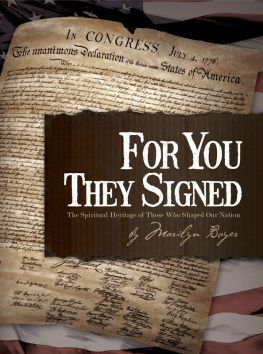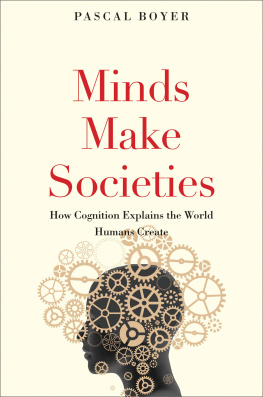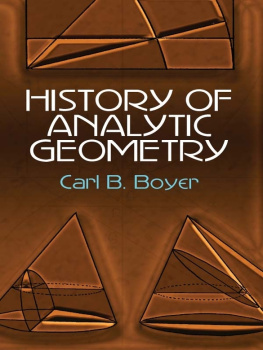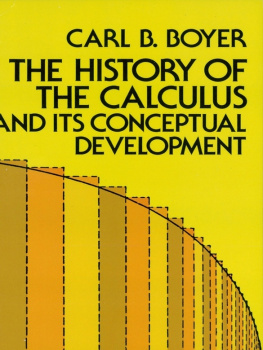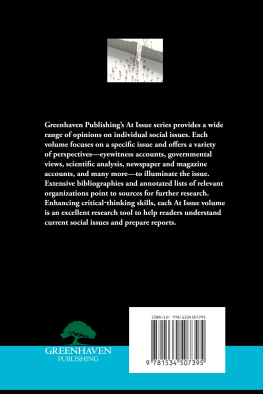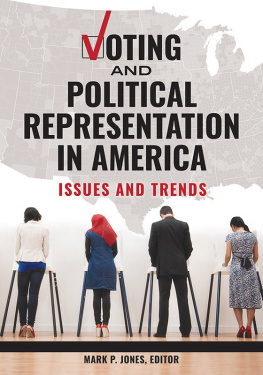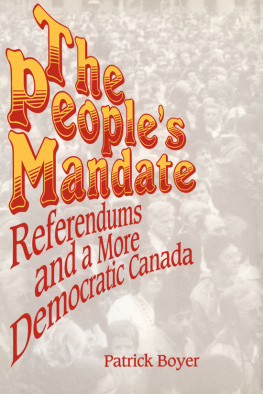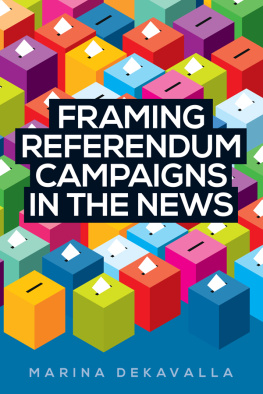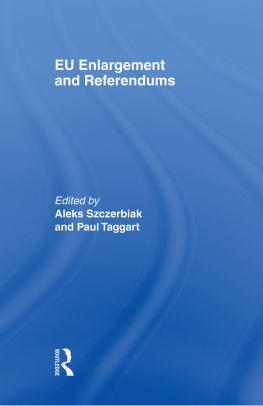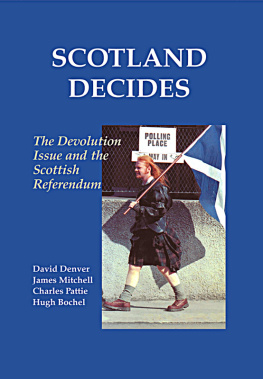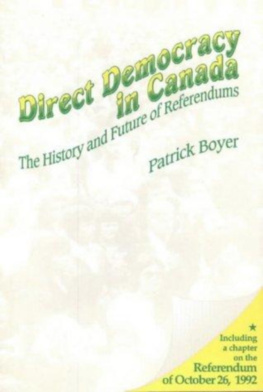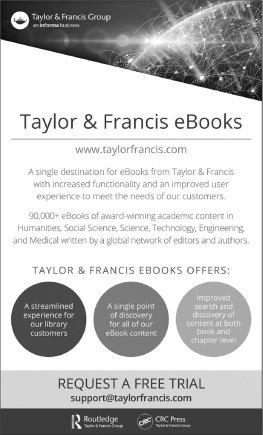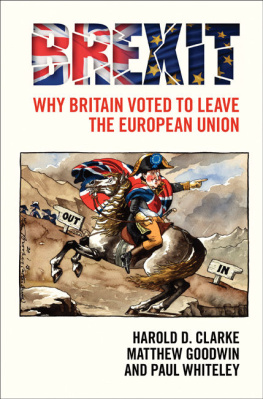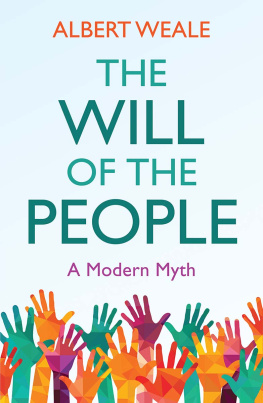OTHER BOOKS BY J. PATRICK BOYER
Foreign Voices in the House: A Century of Addresses to Canadas Parliament by World Leaders (2017)
The Big Blue Machine: How Tory Campaign Backrooms Changed Canadian Politics Forever (2015)
Our Scandalous Senate (2014)
Another Country, Another Life: Calumny, Love, and the Secrets of Isaac Jelfs (2013)
Raw Life: Cameos of 1890s Justice from a Magistrates Bench Book (2012)
Solitary Courage: Mona Winberg and the Triumph over Disability (2010)
A Passion for Justice: How Vinegar Jim McRuer Became Canadas Greatest Law Reformer (2008, revised paperback edition of 1994 hardcover edition)
A Man & His Words (2003)
Leading in an Upside-Down World: New Canadian Perspectives on Leadership (2003, editor and contributor)
Just Trust Us: The Erosion of Accountability in Canada (2003)
The Leadership Challenge in the 21st Century (2002, editor)
Accountability and Canadian Government (2000)
Boyers Ontario Election Law (1996)
Hands-On Democracy: How You Can Take Part in Canadas Renewal (1993)
La dmocratie pour tous: le citoyen artisan du renouveau canadien (1993)
Direct Democracy in Canada: The History and Future of Referendums (1992)
The Peoples Mandate: Referendums and a More Democratic Canada (1992)
Local Elections in Canada: The Law Governing Elections of Municipal Councils, School Boards and Other Local Authorities (1988)
Election Law in Canada: The Law and Procedure of Federal, Provincial and Territorial Elections (1987, 2 volumes)
Money and Message: The Law Governing Election Financing, Advertising, Broadcasting and Campaigning in Canada (1983)
Lawmaking by the People: Referendums and Plebiscites in Canada (1982)
Political Rights: The Legal Framework of Elections in Canada (1981)
The Egalitarian Option: Perspectives on Canadian Education (1975, contributor)
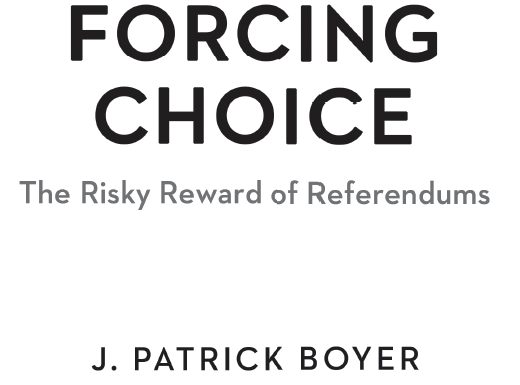
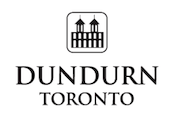
Copyright
Copyright J. Patrick Boyer, 2017
All rights reserved. No part of this publication may be reproduced, stored in a retrieval system, or transmitted in any form or by any means, electronic, mechanical, photocopying, recording, or otherwise (except for brief passages for purposes of review) without the prior permission of Dundurn Press. Permission to photocopy should be requested from Access Copyright.
Cover Image: shutterstock.com/hobbit
Library and Archives Canada Cataloguing in Publication
Boyer, J. Patrick, author
Forcing choice : the risky reward of referendums
/ J. Patrick Boyer.
Includes bibliographical references and index.
Issued in print and electronic formats.
ISBN 978-1-4597-3912-3 (softcover).--ISBN 978-1-4597-3913-0
(PDF).--ISBN 978-1-4597-3914-7 (EPUB)
1. Referendum--Canada--History. 2. Plebiscite-
Canada--History. I. Title.
JF493.C34B685 2017 328.271 C2017-904653-5
C2017-904654-3
We acknowledge the support of the Canada Council for the Arts, which last year invested $153 million to bring the artsto Canadians throughout the country, and the Ontario Arts Council for our publishing program. We also acknowledge the financial support of the Government of Canada through the Ontario Book Publishing Tax Credit and the Ontario Media Development Corporation, and the Government of Canada.
Nous remercions le Conseil des arts du Canada de son soutien. Lan dernier, le Conseil a investi 153 millions de dollarspour mettre de lart dans la vie des Canadiennes et des Canadiens de tout le pays.
Care has been taken to trace the ownership of copyright material used in this book. The author and the publisher welcome any information enabling them to rectify any references or credits in subsequent editions.
J. Kirk Howard, President
The publisher is not responsible for websites or their content unless they are owned by the publisher.
Dedication
For
Elise Marie Boyer
Sharing a Second Life
Contents
Foreword by Peter Russell
On Democracy
Preface: A Word About Words
1 High-Risk Democracy
2Anvil of a Self-Governing People
3Our Own Democratic Landscape
4The Sovereign People of Canada
5Referendum Law Normalizes Democratic Life
6Referendums in Harmony with the Constitution
7Charter Protection of Minority Rights
8Just What Constitutes a Majority?
9No Such Thing as Direct Democracy
10Referendums and Elections: Alike, Yet So Different
11Mandates from the People
12How Hard Is Asking a Clear Question?
13Arent Some Issues Just Too Complex?
14To Vote on the Principle, or the Package?
15Continuing Adult Education
16Referendums Reveal, Do Not Create, Divisions
17Voting on Democracy
18Voting to Ratify, Join, and Subdivide Confederation
19Voting to Break Confederation: Round One, 1980
20Voting on Confederations Makeover: Getting to the Charlottetown Accord
21Voting to Break Confederation: Round Two, 1995
22Voting on Prohibition
23Voting on Conscription
24Voting on Aboriginal Questions
25Voting on Womens Rights
26Voting on Food Supply Issues
27Balloting on Everything from Time of Day to a Fixed Link
28Democratic Accountability Through Municipal Ballot Questions
29Canadas Place in a Universe of Referendums
30Rewards of Citizen-Centred Democracy
Appendix: Canadian Ballot-Issue Votes:
National, Provincial, Territorial
Acknowledgements
Notes
Bibliography
FOREWORD
Understanding How to Enhance Our Democratic Life
It is a pleasure to write a foreword for Patrick Boyers new book on referendums. This book brings together much of the scholarship that informed the authors three earlier works on this subject and updates his account of the politics of referendums. This new volume includes discussion of the recent debate we have had in Canada about the need for a referendum to legitimize changing the electoral system. Boyer also has interesting things to say about the surprising (and, for many, disturbing) results of the Brexit referendum in the U.K. and the referendum on the peace process in Colombia.
Indeed, Patrick Boyer is without doubt the doyen of referendum scholars in Canada. No other Canadian has written so much and so thoughtfully on this subject. My own discipline, political science, has largely neglected researching the use of referendums in Canada. This has not prevented political scientists from having strong views, for and against, the use of referendums. But these views are usually based on a few referendums that are thought to have turned out well or badly, or on a simplistic admiration or revulsion of referring issues to the public.
That is how I thought about referendums myself, until I went to school with Patrick Boyer. His resourceful scholarship and careful analysis puts these simplistic views about referendums or plebiscites (he teaches us that there is really no difference between the two any longer, at least in Canada) to shame. His work shows that referendums are woven into the fabric of our democratic life. While there have been only three Canada-wide referendums (prohibition, conscription, and the Charlottetown Accord), we have had hundreds and hundreds of them maybe thousands at other levels of government (including aboriginal governments), and we have used them to resolve issues as disparate as marketing agricultural products and drawing new boundaries in northern Canada.


